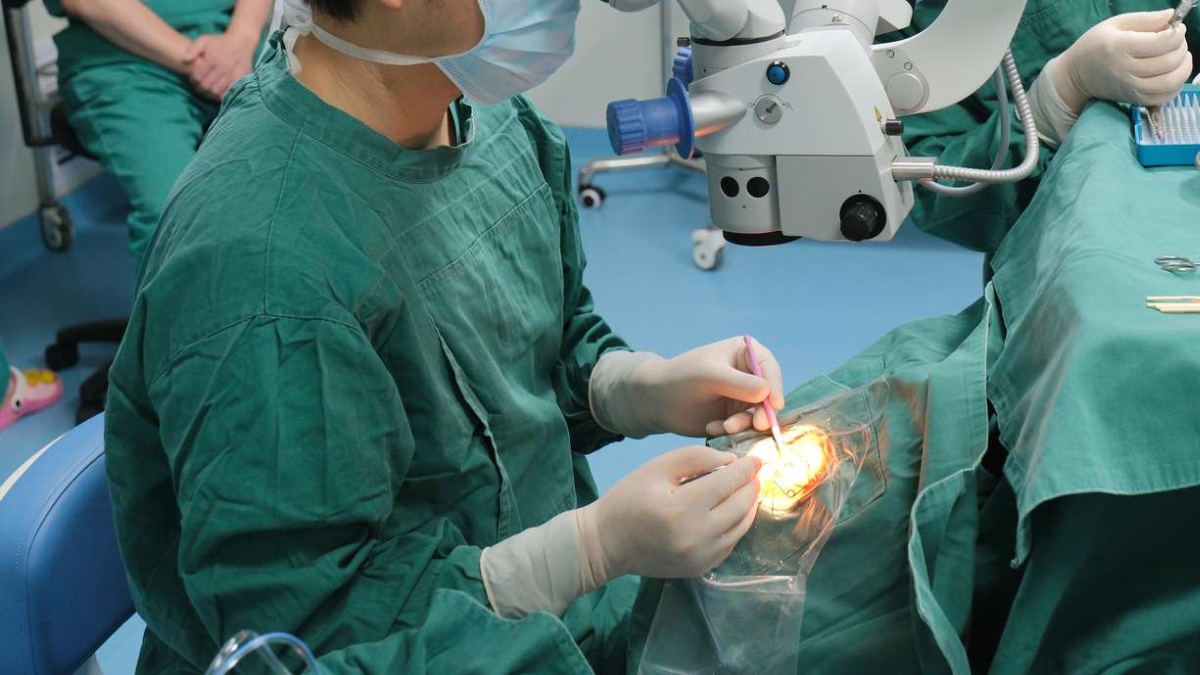A 35-year-old Filipina cashier, Angellica Batallones, had been experiencing vision problems with her right eye for several months but initially dismissed them as minor. However, when simple tasks like reading prices and interacting with customers became increasingly difficult, she knew something was wrong.
“For three to four months, simple things like reading prices and interacting with customers became a struggle,” Batallones said in a Khaleej Times report.
Realizing she could no longer see beyond one meter, Batallones sought medical help. Despite visiting multiple centers in Ajman, she was told her condition was too severe to be treated locally and was advised to return to the Philippines. “It was frustrating because I couldn’t get clear answers,” she said in the same Khaleej Times report.
Eventually, Batallones visited Thumbay Hospital Ajman, where she was diagnosed with retinal detachment. Doctors found that a hole or tear in her retina was causing the problem and recommended scleral buckling surgery combined with laser treatment.
“When I visited Thumbay Hospital Ajman, a doctor there quickly diagnosed what was wrong with my eyes and provided clear answers,” Batallones said. “He immediately scheduled the procedure to save my eyes from further deterioration.”
Retinal detachment occurs when the retina, the light-sensitive tissue at the back of the eye, pulls away from its normal position. This can be due to age-related changes, trauma, family history, previous eye surgeries, or severe nearsightedness.
Dr. Kapil Das, an ophthalmologist at Thumbay Hospital Ajman, explained that Batallones’ retinal detachment had progressed over nearly four months, causing significant degeneration. This made the surgical approach more complex and increased the risk of the retina detaching again.
The surgery performed on Batallones was a non-drainage scleral buckle procedure. Unlike the usual method where fluid is drained to flatten the retina, the surgeon fixed the detachment without draining the fluid, avoiding potential complications like low intraocular pressure or choroidal detachment. The laser treatment further secured the retina by creating adhesions around the tear.
Following the surgery, Batallones’ vision has significantly improved. “The recovery was painful, and I was nervous about whether my eyes would return to normal. It’s been almost two weeks, and my eyes have improved significantly. Before, I could barely see people or objects even at a short distance, but there’s been a remarkable improvement, and now I can see everything clearly,” she said.
Dr. Das emphasized the importance of early medical intervention. “If one experiences sudden or even gradual loss of vision, especially with symptoms like flashes of light or floaters, please seek immediate medical attention. Prompt treatment can significantly improve outcomes and prevent severe vision loss,” he advised.






